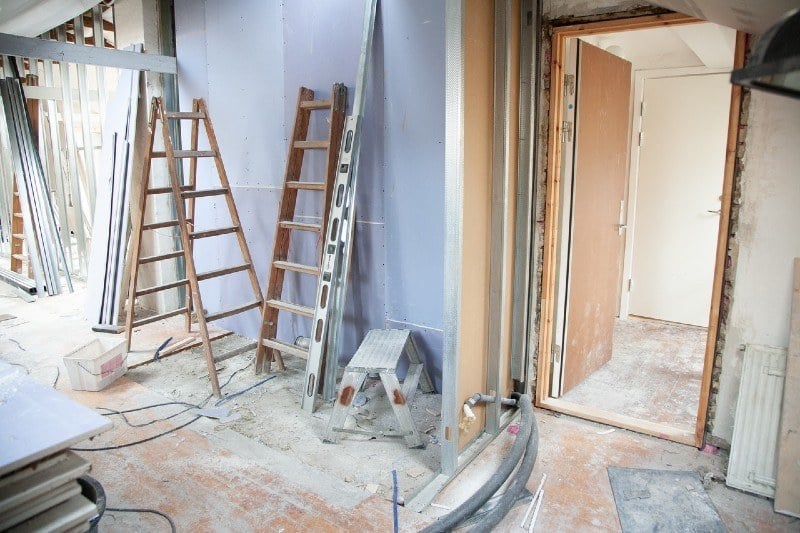
How to Flip a House in Baltimore, MD: The Beginner's Guide
Posted on Feb 28, 2022
House flipping has become increasingly popular thanks to reality shows that showcase the ins and...
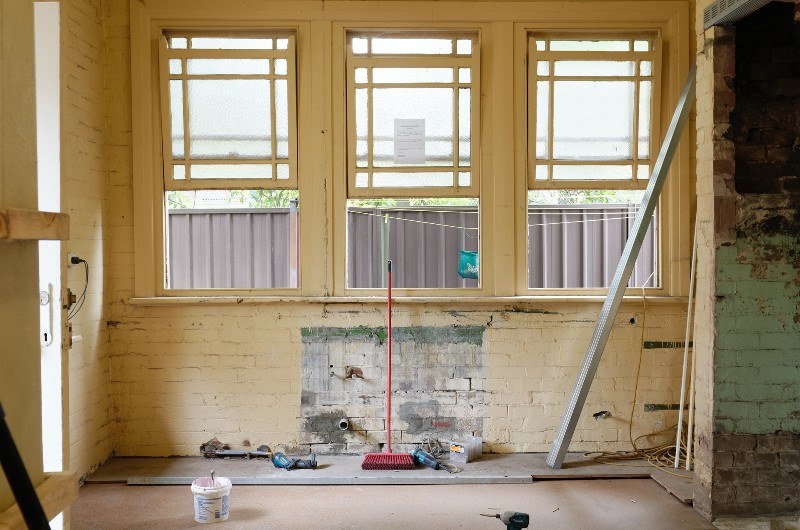
Posted on Feb 28, 2022
Interest in flipping homes in Florida has increased dramatically as a hot housing market has made the price of real estate go up, up, up. As the cost of a new home in Florida rises, opportunity follows in the form of sprucing up outdated properties.
“A Teacher Quit Her Job to Flip Homes,” documents one Business Insider article about a Florida-based millennial who flipped properties and became a Tik-Tok star in the process. Meanwhile, home prices were up 21% in Florida last year - meaning that appreciation alone can help boost a home flipper's profits right now.
If you’re thinking about flipping houses in Florida, it’s important to arm yourself with all the facts before taking on a big commitment. Keep in mind that, according to RealtyTrac, about 20% of house flips show a gross profit of under 10% - meaning they most likely lost money when all costs are considered.
In other words, house flipping isn't an instant bank boost for everyone - and these flippers losing money are likely beginners.
If you're interested in flipping homes in Florida but not sure where to start, here's what you need to know.
According to WalletHub’s data comparing more than 170 U.S. cities, the best cities for flipping in Florida are:
Your first step - likely before finding the home you’ll flip - is securing financial backing. It might be the case that you have enough cash to cover the cost of the home. However, keep in mind that you may still require short-term loans in order to cover the cost of building materials and renovations.
You might assume that a traditional home loan is the way to go for a house flip. However, there are a few things potentially standing in the way of this.
Luckily, you have a few different options available to you.
The worst way you can start your home flipping process is by buying a home without establishing a budget and estimating your likely expenses first. That is the quickest way to get in over your head and end up with a home you sell at cost rather than for a profit.
"New house flippers often mess up their numbers. Most newer rehabbers are overly optimistic with their rehab costs and their after repair value (the amount they will resell the property for when finished)," explains Bill Samuel, the real estate developer behind Blue Ladder Development.
The 20% rule for house flipping says that you should aim to make at least a 20% return on your investment after all costs are accounted for.
Many costs vary by region, which you need to take into account when budgeting. GoBankRate estimates that the cost for hourly labor is $14 in Florida - thought with the current labor crunches, this number could definitely go up. By comparison, though, the cost of labor in Massachusetts is about $26 an hour. Timber and other construction materials can also vary in cost depending on where you are, and the time of year.
"When you are budgeting for your house flip you should add another 15% to your overall budget," advises Nick Disney, a real estate investor with Sell My San Antonio House. "House flips tend to go over budget for a variety of reasons and there are things that you will miss when you are first learning how to plan out your projects. If you make sure that your house flip will still be profitable with 15% budgeted for overages, you will help financially protect yourself when those unexpected things come up."
Here are the main things you’ll need to budget for when you’re flipping a home:
Keep in mind: every month you hold onto the home to renovate it is another month you need to pay for insurance, utility bills, loan interest, etc - which will eat into your bottom line.
How long should it take you to flip a home?
“6-8 months is a good target. Typically hard money loans are due in 12 so giving yourself sufficient time to finish and sell is a safe practice. Really sooner is better as it gives less time for a fluctuation in market value if a correction were to occur," advises Shane Avila, Director of Operations at SMA Homebuyers.
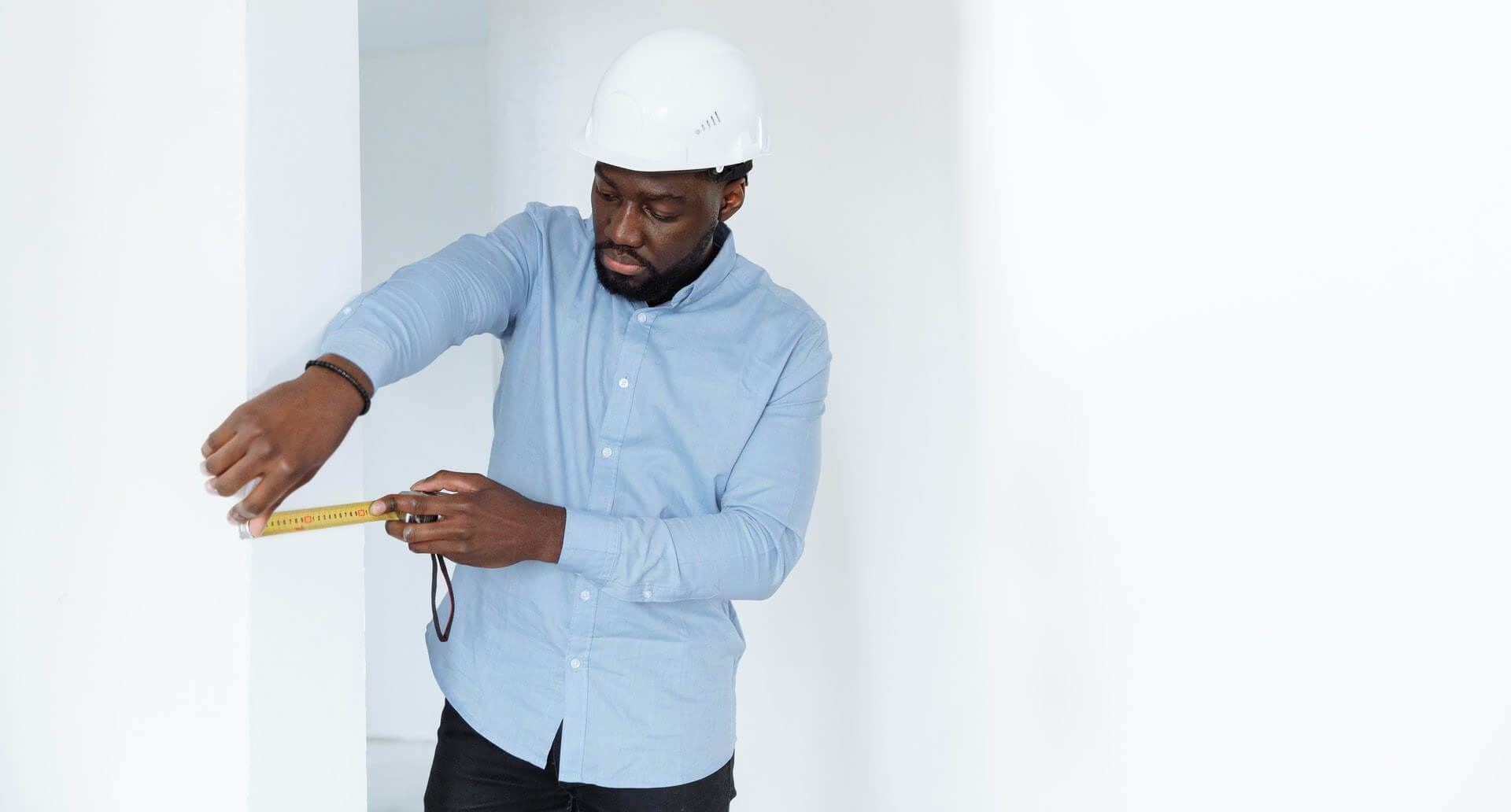
Florida is relatively friendly toward small DIY construction jobs. In other words, you likely won’t need a permit to take care of minor carpentry, small appliance repair, etc.
However, the house flipping TV shows featuring house flippers “just like us” often gloss over an important fact: larger home construction jobs can’t be completed without a contractor’s license.
It’s not impossible to get a Florida contractor’s license, but this is definitely something you should get out of the way before you purchase your flipper home. You’ll need to pay license and application fees, pass a Construction Examination, and submit proof that you have a credit score of at least 660, among other requirements. It will take some time. The alternative is hiring people to do the work, which is what most beginning flippers will do - but this does raise the costs of completing your project.
On top of this, each city has unique zoning laws, building codes, and permits. We covered what’s required in Orlando in our Orlando House Flipping Guide.
If you’ve sold a home before, you’re probably familiar with the disclosure agreement. Florida’s disclosure document requires sellers to disclose work they’ve done on the home. If you go to section 10: Governmental, Claims, and Litigation, part (j) asks home sellers to advise whether “any improvements to the property, whether by you or others, have been constructed in violation of building codes, or without necessary permits.”
The seller’s disclosure is an important legal document - lying on it can expose you to liability. So don't take on work here that you're not legally allowed to do, because it could cause a lot of trouble when you go to sell. If they don't catch it during the home sale, you could get sued later on. If they do find it, they might ask you to have a contractor re-do it before the sale goes through - and that can be costly to figure out at the last minute.
Establishing yourself as a limited liability company (LLC) is an important step in house flipping. If something goes wrong - a contractor sues you for breach of contract, for example, and you need to fight her in court - an LLC prevents creditors from going after personal assets like your car, primary home, etc.
If you plan on flipping a home, you need a specific type of insurance to cover any issues that arise. This is especially important if you plan on hiring contractors. A general homeowners insurance will not cover the work you’re doing on your home.
Many house flippers opt for general liability insurance, which is an insurance designed to protect your assets - it can cover everything from bodily injury to legal defense. You can also get a builder’s risk policy, which covers the property during construction. According to East Insurance Group, the cost of these policies can vary (and of course, will be tied to the specific home you opt for) but they are usually fairly affordable - a $1,000,000 general liability policy can be purchased for a few hundred dollars.
There are a few ways you can go about finding a home to purchase and renovate. If you’re starting out, experts typically recommend finding a home with “good bones” but outdated features. This way you can focus on doing things like replacing the carpet, painting the cabinets, taking out old laminate countertops, painting the walls, etc. The alternative is buying a home that needs a lot of structural repairs, which will be harder to take on and budget for as a novice.
Ready to talk through your options with an experienced local Realtor?
(it's free and comes with no obligation - we have experts that can point you to good flip properties)
Finding the right home to flip is essential for netting a profit. We talked to several experts about what you should look for.
Not all investments are made equal. You can spend $15,000 on fixing the HVAC system and while this is essential for cooling down on summer nights, it's not the sort of "sexy" update buyers notice while walking through. Look for fixes you can make that help make spaces pop. Some ideas:
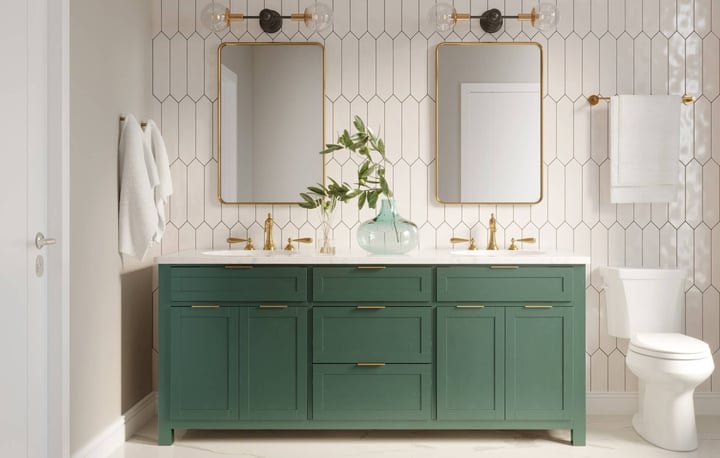
Ultimately, you don't make money off your home until you actually sell it.
Making a profit is the entire point of flipping a house, so why give up equity once you get to the closing table? When you sell with a traditional Realtor, you typically need to pay 3% to each agent. If you sell a $400,000 home, that's $24,000.
Work with a Houwzer agent and you only need to pay 1% for listing services, and 2-3% recommended for the buyer’s agent - all paid at closing. That means flippers can save up to 50% on commission costs. Why give up your profits if you don't have to?
This is a full-service agency, though - we've taken advantage of advances in technology and the internet, in addition to hiring salaried agents, while passing these savings on to our clients. On average, homeowners who work with Houwzer save $15,000.
Uncle Sam wants his cut of everything you do, and this includes flipping homes in Florida. It’s ideal to know your flip tax breakdown before going into the project since this can greatly impact your maximum ROI. Here’s what you should keep in mind:
Subscribe to our newsletter to get essential real estate insights.

Posted on Feb 28, 2022
House flipping has become increasingly popular thanks to reality shows that showcase the ins and...
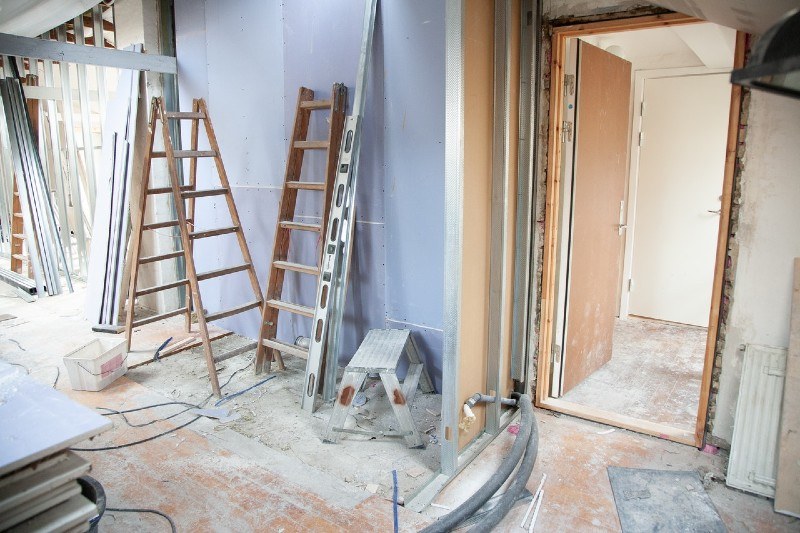
Posted on Feb 28, 2022
The popularity of house flipping shows like Flip This House and Masters of Flip have fueled public...

Posted on Feb 28, 2022
Not every city is a great match for home flippers. Cities where the average home price is high...